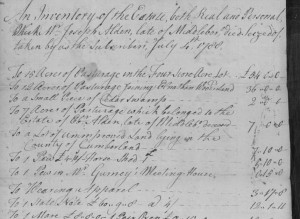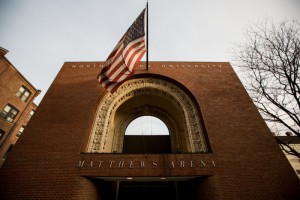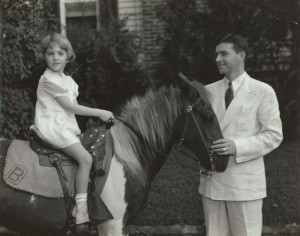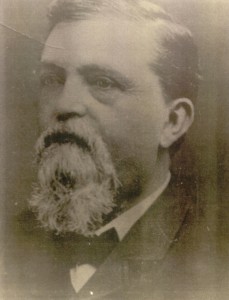
We pick up the Bouchers in 1912 with Mrs. Frances Boucher[1] and her sons Carlos H., clerk, and Emile G., “2d vice pres. Crook-Horner Supply Co.,” at 1718 Linden Avenue in Baltimore, along with Mrs. Boucher’s grandson Harry P. Stone, clerk.[2] Thomas J. Wentworth, now a member of the Melbourne Advertising Agency with an office at 210 East Lexington Street, is back at 1731 Linden Avenue.[3] Edward H. Glidden appears as a member of Glidden & Friz, architects (in the Glenn Building, 16 St. Paul Street), and the treasurer of the Maryland Apartment House Company; he has already moved into the Glidden & Friz-designed Homewood Apartments on North Charles Street.[4] As in 1910, Claude Burch is at 804 North Calvert Street.[5]
In 1913, Edgar L. Brooks (who married Josephine Boucher Stone in that year) is listed as secretary of the Baltimore Chemical Company at Seventh Street, east corner of Gough; Julien P. Friez, instrument maker and the father of Lucien Louis Friez, was living at 1230 East Baltimore Street.[6] Edward H. Glidden and Clyde N. Friz now had their office on the twelfth floor of the Maryland Casualty Building.[7] Continue reading A growing family








